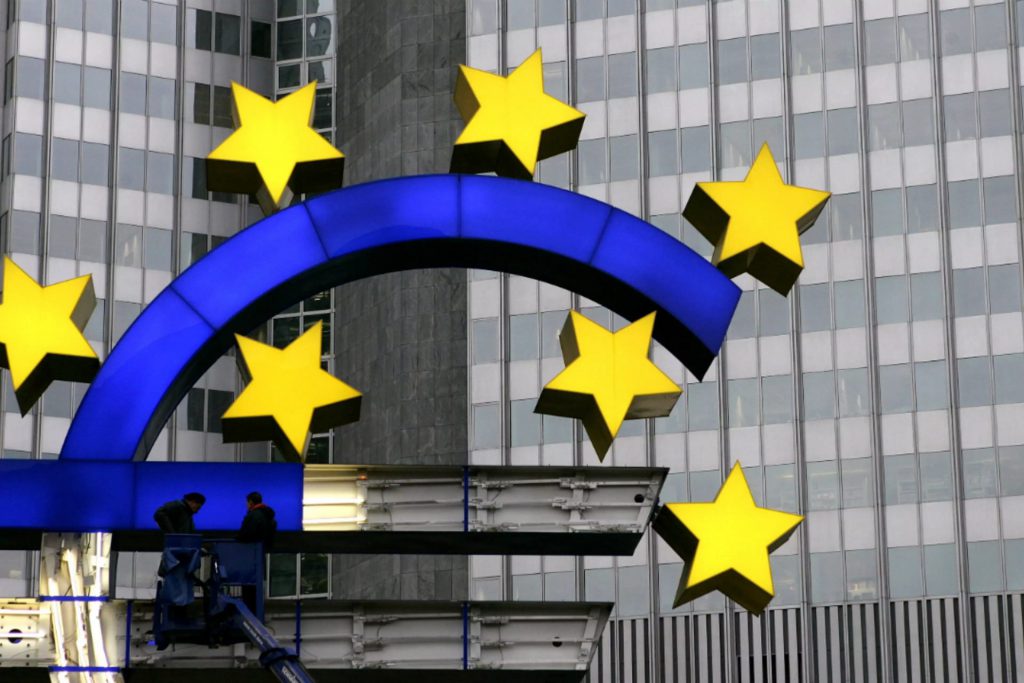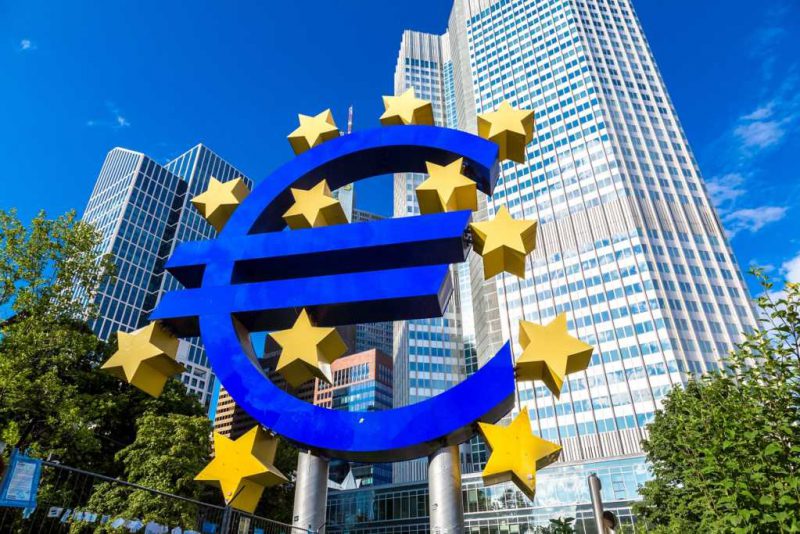In a brand new blog post, the European Central Bank said that Bitcoin’s fair value is “still zero.” Moreover, the ECB officials claim that the digital asset is not suitable as both a means of payment and investment. Subsequently, the advisors have seemingly doubled down on their skeptical perception of Bitcoin as a global currency.
The blog post discussed the US approval of 11 Spot Bitcoin ETFs, calling it “the naked emperor’s new clothes.” Crafted by Ulrich Bindseil and Jürgen Schaaf, the advisors claim that “Bitcoin has failed on the promise to be a global decentralized digital currency and is still hardly used for legitimate transfers.”
Also Read: VanEck Spot Bitcoin ETF Trading Volume Surges 14x Today
ECB Officials Target Bitcoin in Latest Blog Post
Throughout the first two months of 2024, the digital asset sector has experienced immense positivity. Indeed, that has been led by the performance of Bitcoin. The cryptocurrency surpassed its two-year high of $52,000 earlier this week. Moreover, it has sustained a position at the $51,000 level over the last several days.
However, the optimistic perception of the asset does not appear to be a globally held belief. Indeed, in a new blog post, the European Central Bank has said that Bitcoin has a fair value that is “still zero.”Moreover, they have stated that Bitcoin “failed” in its goal of becoming a decentralized global currency.


Also Read: Michael Saylor Says He Will Never Stop Buying Bitcoin
The post was authored in response to the United States’ landmark approval of 11 Spot Bitcoin ETFs earlier this year. Subsequently, ECB officials said that those approvals don’t “change the fact that Bitcoin is not suitable as a means of payment or as an investment.”
Furthermore, the ECB officials express their disagreement with the fact that Bitcoin is “safe” and triumphant in its prior ETF approvals. Additionally, they stated that “a renewed boom-bust cycle of Bitcoin is a dire perspective.” ultimately warning of collateral damage that “will be massive” and include “the ultimate redistribution of wealth a the expense of the less sophisticated.”
The concerning post claims that its views do not represent those of the ECB. However, both authors of the post withhold roles within the European Central Bank. Binseill is the bank’s Director General of market infrastructure and payments. Meanwhile, Schaaf is an adviser within the same team.





